



Check the admission qualifications and application requirements for study in the university
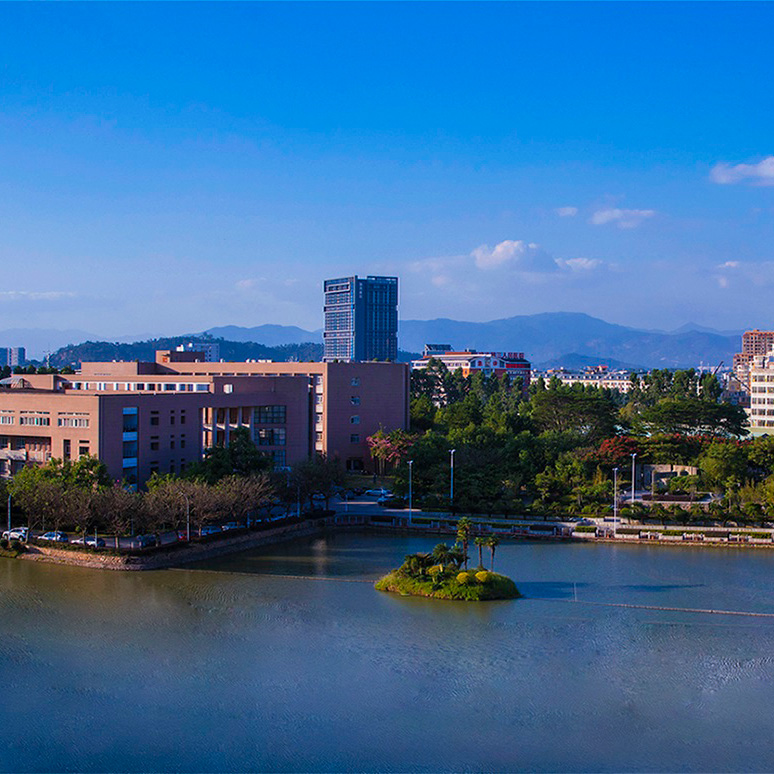
Fujian Medical University (FJMU) was founded in 1937. With the mission of creating and nurturing a diverse community of elites who are "diligent, prudent, truth-seeking and innovative", for over 70 years, it has developed an integral education system offering bachelor's, master's and doctor's degree programs. In 2003, FJMU was approved by Fujian Provincial People's Government as one of the key universities for priority development. Now, it consists of Shangjie campus and Taijiang campus,covering an area of approximately 87 hectares with a floor space of 400,000 square meters.
FJMU currently provides 25 bachelor programs, including Clinical Medicine (7-Year Program and 5-Year Program), Stomatology, Preventive Medicine, Medical Laboratory Tests and Analysis, Anesthesiology, Medical Imaging, Nursing, Pharmacy, Public Utilities Management, Social Work, etc.
At present, in Basic Medical Sciences, Clinical Medicine, Clinical Stomatology and Pharmacology, FJMU confers doctoral degrees, as well as master's degrees which also cover Biology, Stomatology, Public Health and Preventive Medicine, Integrative Medicine, Pharmacy, and Social Medicine and Health Care Management.
The University has a full-time enrollment of 12,000 undergraduates, and over 2,200 postgraduate and doctoral students. It has been approved to offer undergraduate programs to students from mainland China, Hong Kong, Macao, Taiwan, and foreign countries. In addition, it has established a multi-disciplinary and multi-level continuing medical education system.
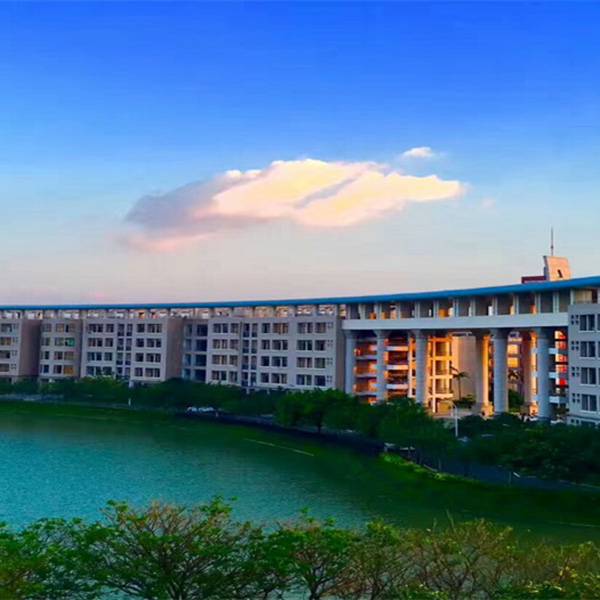
Now, FJMU's 477 professors and chief physicians, along with 682 associate professors and associate chief physicians, make part of its faculty members and medical personnel totalling up to 5,638, in which there are 528 master's and doctor's supervisors.
Our network of 13 affiliated hospitals (including schools of clinical medicine) and 29 teaching hospitals, affords desirable clinical teaching programs and training opportunities for medical students.
In FJMU, there are 2 research stations that offer postdoctoral fellowships (for Clinical Medicine and Basic Medical Sciences), 1 key laboratory of the Ministry of Education, 7 key laboratories & research centers jointly supported by the Ministry of Education and Fujian Province, 12 provincial key disciplines, 5 key laboratories of Fujian, and 19 provincial scientific research institutes. The University publishes several academic periodicals, entitled Journal of Fujian Medical University (Medical Science Edition), Journal of Fujian Medical University (Social Science Edition), Chinese Journal of Hypertension, and Chinese Journal of Cardiovascular Rehabilitation.
Today, as a medical center in the Western Taiwan Straits Economic Zone, the University is fully committed to her mission to cultivate medical minds, conduct scientific research and development, explore disease diagnosis, treatment, and prevention, and to provide health care and social service.
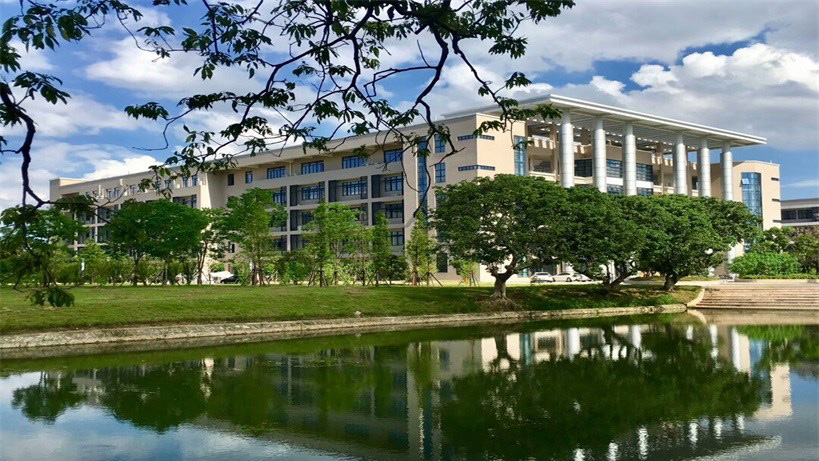
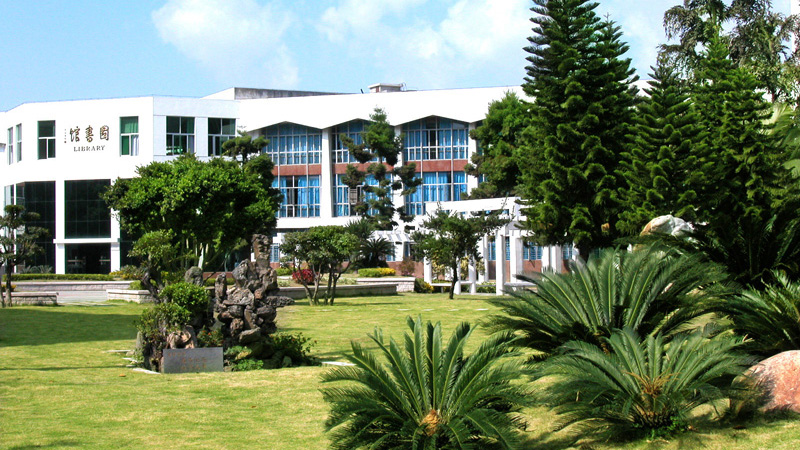
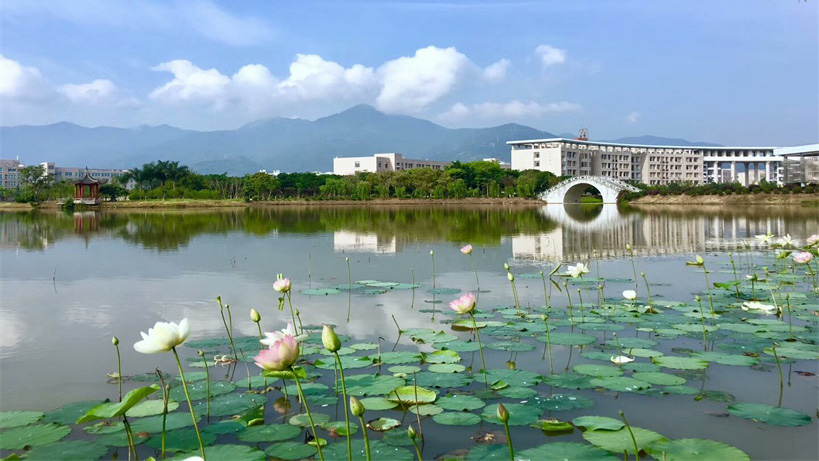
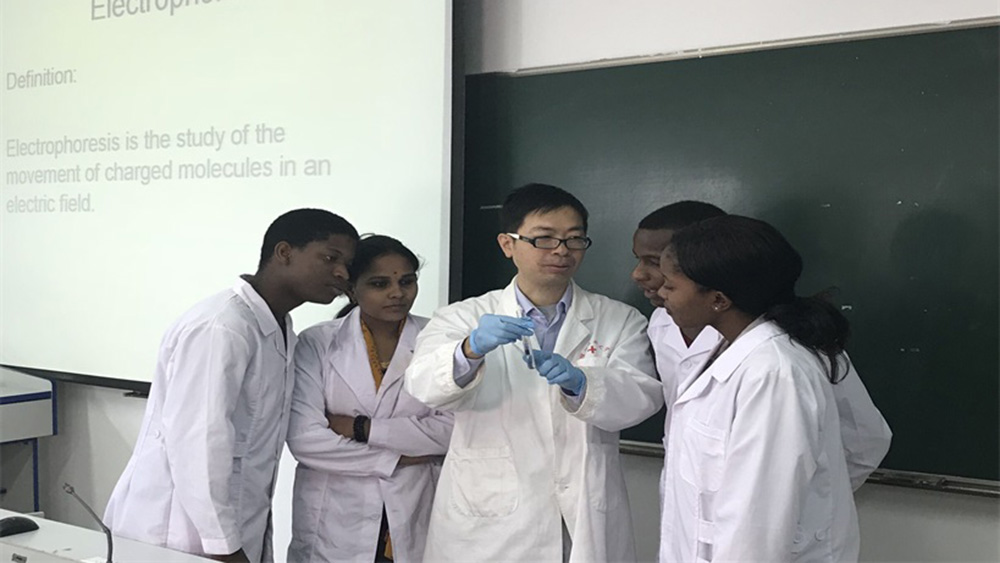
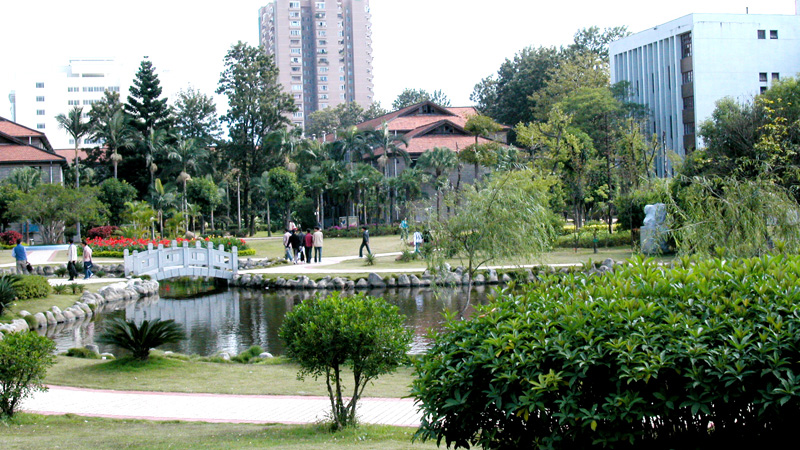
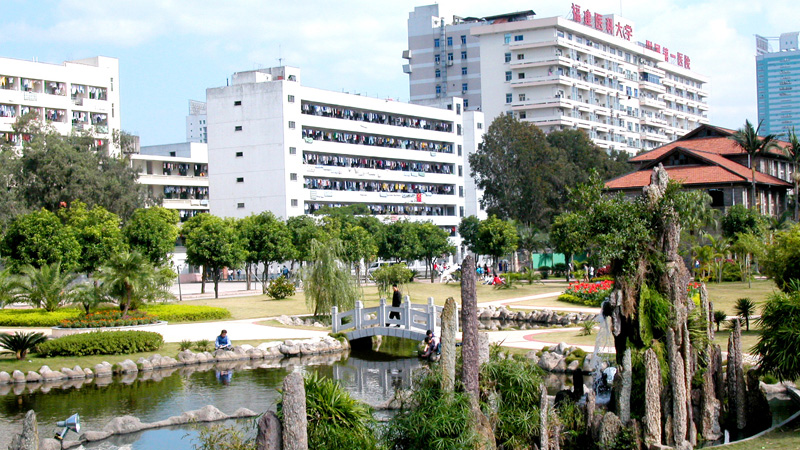
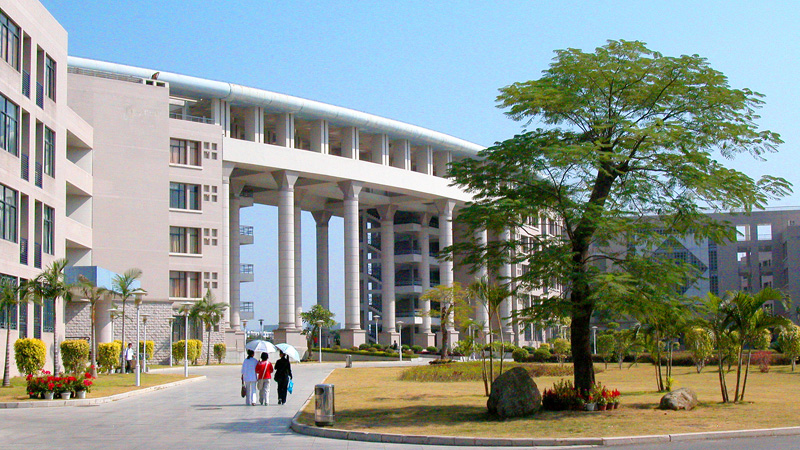
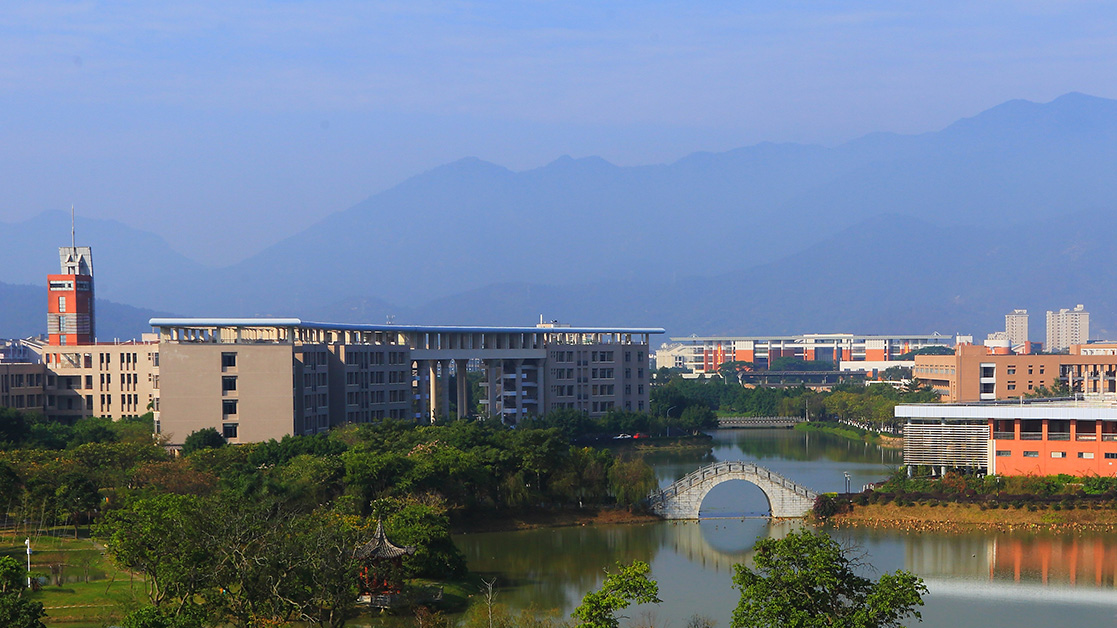
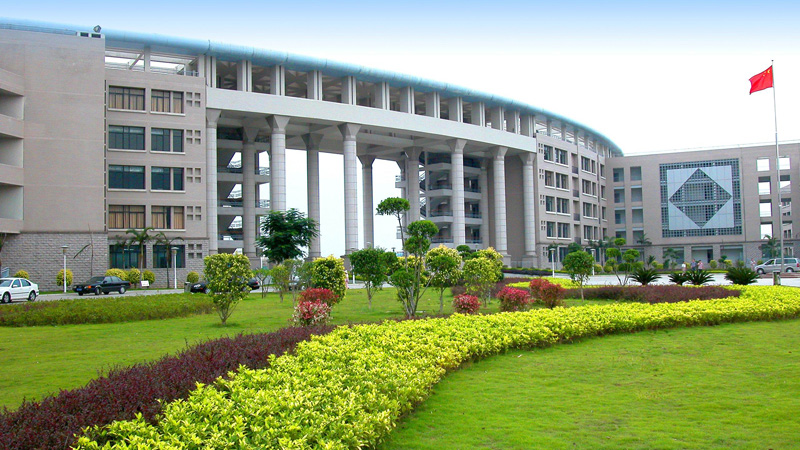
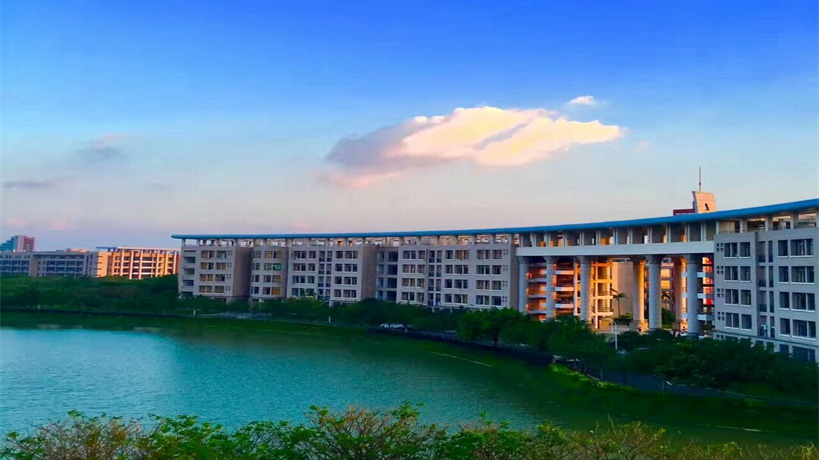
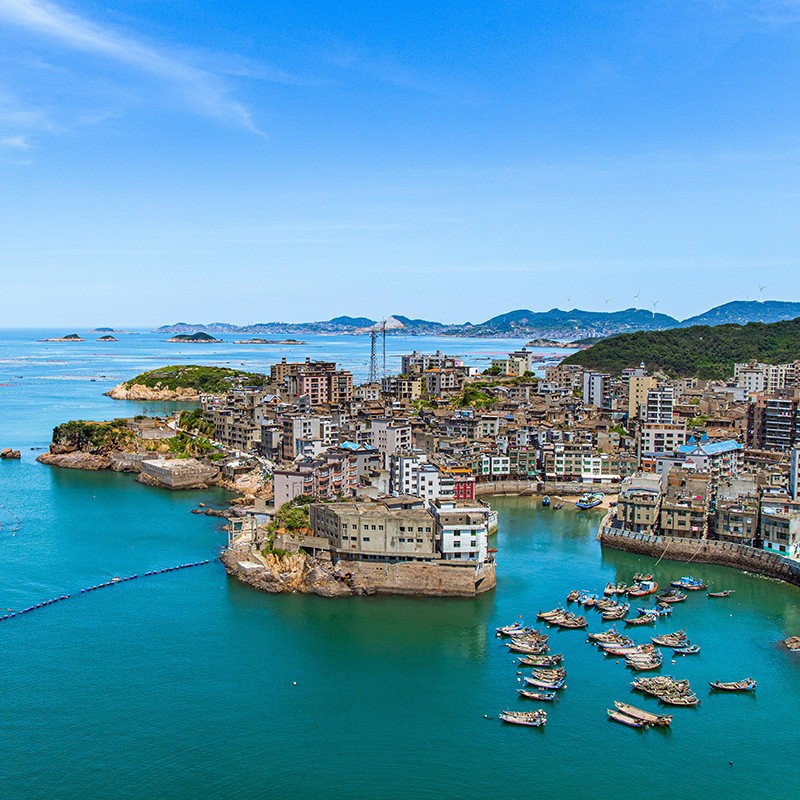
Fuzhou, the capital and the larges tmunicipality of Fujian Province, boasts a history of over 2000 years. As a coastal port and ship building center, it has long been the economic, political,cultural and transport center of the province. Many banyan trees were planted since the Song Dynasty, and now provide shade for the entire city giving it another name Rongcheng, which means “Banyan City”.
Fuzhou is located in the southeast coastal areas of China. It is situated in the lower reaches of the Min River,in the east of Fujian Province, about 50km from the sea. Fuzhou’s history dates back to the third century AD. It was once the capital of the coastal kingdom of Minyue. It was said that Marco Polo, the great Italian traveler, also visitedthe area at the end of the thirteen century. He described the city as “aprosperous center of international commerce, with beautiful gardens and abundant fruits”.
Fuzhou is a city rich in culturaltraditions. Scholars here excelled in Imperial examinations. From the Tang to the Qing Dynasty, there were thousands of Jinshi, successful candidates in theImperial examinations. Fuzhou is also the hometown for many celebrities andfar-sighted personages, many of whom, including Lin Zexu, Shen Baozhen, Yanfu, Bingxin,Lin Huiyin, and so on had tremendous impact on modern China.
Because of its long and flourishinghistory, there are many handicraft industries, including the so-called threetreasures lacquerware, horn combs and oil-paper umbrellas. Today, folk artssuch as Min Opera are still playing an important role in local people’s dailylife.
The climate of the city is generallywarm and comfortable for visiting all the year round. Sanfang Qixiang, or “ThreeLanes and seven Alleys”, is one of the most rewarding places to visit inFuzhou. Three Lanes and seven Alleys is a well-preserved architectural complexfrom the Ming and Qing Dynasties. As a famous ancient block, it enjoys areputation of “the Museum of the buildings of the Ming and Qing Dynasties”, andit is also regarded as a living fossil of the walled street system of ancientcities. The district covers an area of 40hectares with 268 ancient houses.
Besides the must-see scenery spots,Fuzhou cuisine is something you cannot miss either. As one of China’s eightmajor cuisines, Fuzhou dishes are light but flavorful, with particular emphasison retaining the natural flavor of the main ingredient. The most famous one is “fotiaoqiang”,literally translated as Buddha jumps over the wall. With a special way of cooking,the dish is widely known for its rich taste and usage of various high-qualityingredients, including shark fins, sea cucumber and abalone. The dish’s name isan allusion to the dish’s terrific flavor to entice the monks to come out fromtheir temples to partake in the meat-based dish. Another famous delicacy iscalled rouyan. Its main ingredient is lean pork, which is pounded and smashedinto meat paste, mixed with some starch, then stretched into a thin sheet,which is used to wrap stuffing of minced meat.
Fuzhou is reputed as a Land of Good Fortune. We hope you will spend your study life in this beautiful city with happiness.



Lucas
Managing Director
电话 WhatsApp:
+86-139-6450-0313
微信 WeChat:
LUCAS_International
邮箱 E-mail:
info@lucas-international.cn
留学中国![]() 服务中心
服务中心
Study in China Service Center


Jessie
Admission Director
电话 WhatsApp:
+86-155-8950-1597
微信 WeChat:
domestic_cooperation
邮箱 E-mail:
info@lucas-edu.cn
留学中国![]() 服务中心
服务中心
Study in China Service Center


Sophia
Marketing Director
电话 WhatsApp:
+86-132-1028-7289
微信 WeChat:
marketing_lucas
邮箱 E-mail:
marketing@lucas-international.cn
留学中国![]() 服务中心
服务中心
Study in China Service Center

